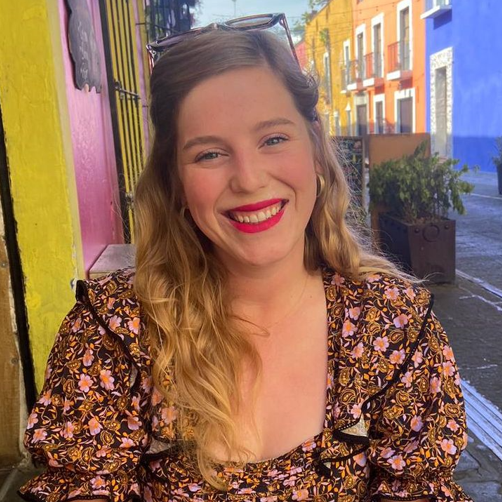Biography
Melissa Oldham is a behavioural scientist and SSA Griffith Edwards Fellow within the UCL Tobacco and Alcohol Research Group. Her primary interest is in developing tailored and engaging digital interventions for alcohol reduction. The focus of her fellowship is understanding how the ways and contexts in which people drink influence their risk perceptions and motivation to cut down. She plans to develop an intervention to boost reduction attempts in riskier drinkers.
Abstract
Exploring drinking contexts, othering, and harm perception: A multi-method approach
Aim: To examine the drinking contexts perceived as harmful and how contexts and othering (constructing a positive self-identity relative to an extreme stereotype of a problematic other) relate to risky drinker’s problem recognition and attempts to reduce consumption. Methods: 1) Media review of seven highly circulated UK national news media platforms, 2) Art-based focus groups 3) Analysis of nationally representative survey data. Results: Media coverage of harmful drinking is centred around dangerous on-trade locations (e.g. violence, sexual violence, drink-driving), cheap late-night shops in disadvantaged areas (e.g. damage, anti-social behaviour) and secretive lone drinking at home. Focus group analysis identified three themes. Semblance of control referred to people’s tendency to other. The themes Harmful drinking contexts and Features of Contexts outlined harms that were differentially associated with different contexts. According to the survey analysis, no context was perceived as harmful by more than a third of risky drinkers. 60–64% of risky drinkers reported othering. Othering was associated with a 36–67% reduction in the odds of problem recognition, motivation to reduce consumption and alcohol reduction attempts. Conclusion: Perceptions of what represents harmful drinking contexts feed into the construction of othering narratives among risky drinkers. This has implications for alcohol harm reduction campaigns.


